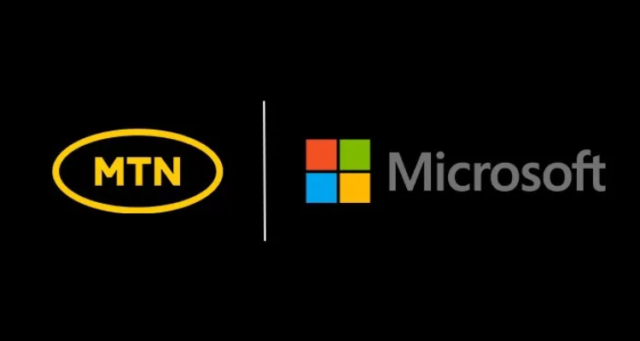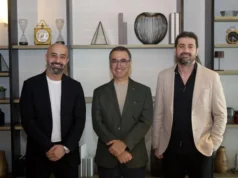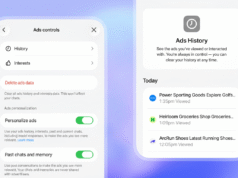In a move that signals a new chapter for digital inclusion in Africa, MTN Group, the continent’s telecom giant, has teamed up with Microsoft to expand access to artificial intelligence‑powered tools across several African markets. The partnership, announced on 17 November 2025, is being launched in celebration of MTN crossing the milestone of 300 million customers.
The core of the collaboration is to provide ordinary Africans with Microsoft 365 Copilot, a suite of productivity tools infused with AI to support tasks like writing, researching, collaborating, and communicating across devices, according to MTN Group. By bringing this technology closer to people, MTN and Microsoft hope to shift the narrative: from mere connectivity to meaningful participation in the digital economy.
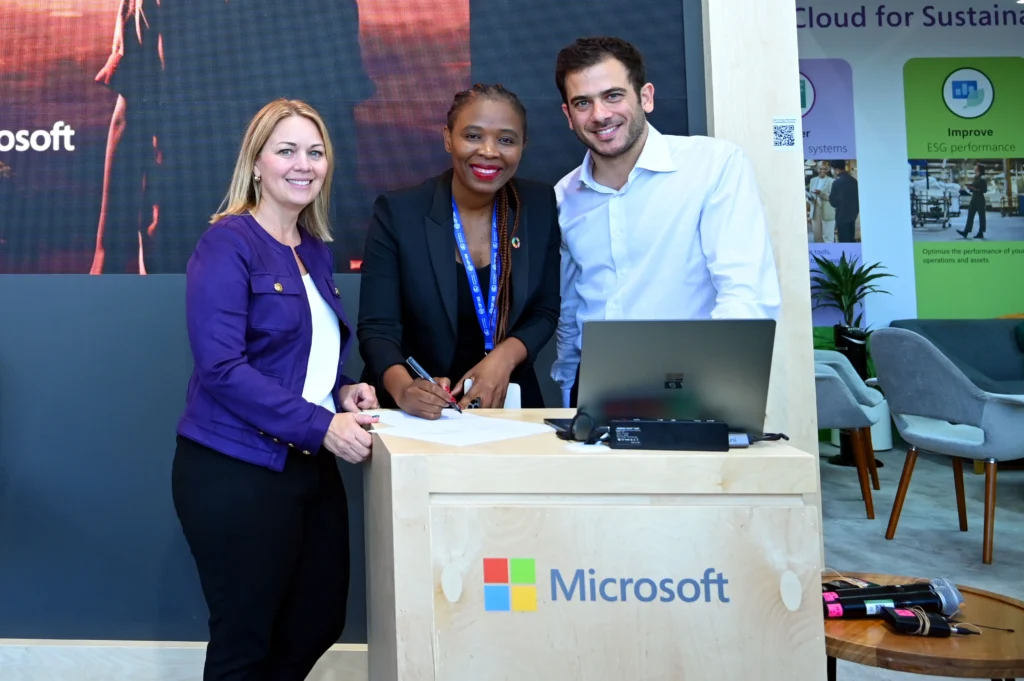
Table of Contents
What the Partnership Means in Practice
The initiative isn’t just about putting fancy tech in people’s hands—it also centres on safety and security. Users will benefit from Microsoft’s built‑in protections against phishing, data loss, and other cyberthreats, with ongoing monitoring across devices.
MTN’s boss, Ralph Mupita, sees this as more than a business deal; it’s a way to fuel Africa’s digital growth. He argues that the continent’s future depends not just on access, but on enabling its people to create, innovate, and rise. Microsoft’s Samer Abu‑Ltaif, President for its Europe, Middle East, and Africa region, echoes this sentiment: by putting Copilot into the hands of millions of MTN customers, they’re unlocking a gateway to learning, shaping ideas, and building digital resilience.
Expected to begin in early 2026, the rollout will launch first in selected MTN markets.
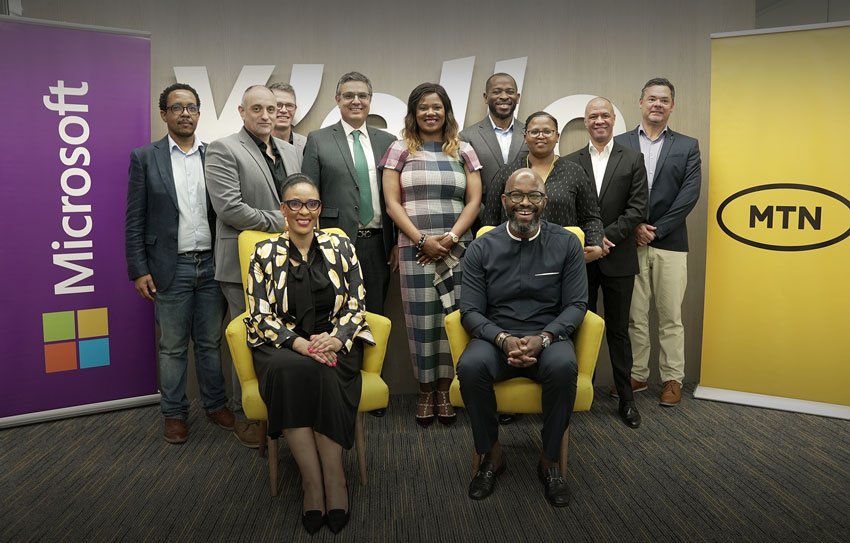
How This Fits MTN’s Bigger AI Strategy
This partnership is not happening in isolation. It complements a broader vision at MTN to weave AI deeply into its services and network. Rather than just offer connectivity, MTN wants to build systems that drive real-world impact—in education, in enterprise, and for individual users.
Just weeks before this announcement, MTN also revealed that it had migrated its Enterprise Value Analytics (EVA) platform to Microsoft Azure, launching EVA 3.0. According to MTN, this upgrade enables them to process over 22 billion records daily, run more than 800 analytics workflows, and tap into real‑time intelligence—thanks to Azure Databricks and Microsoft Defender.
The move to EVA 3.0 is a clear signal: MTN isn’t just delivering AI tools to consumers, it is reinventing its backbone to be smarter, more agile, and better equipped to scale innovation.
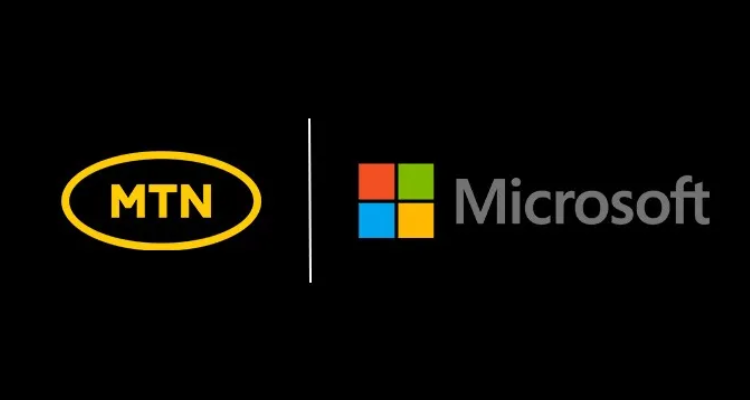
Why This Matters to Africa
- Empowering Individuals: By giving everyday users access to AI-powered productivity tools, the partnership helps Africans sharpen key digital skills—writing, research, and collaboration. These are vital as more of the economy shifts online.
- Boosting Digital Participation: MTN aims to help citizens not only connect, but also contribute meaningfully to the digital economy. This helps bridge the gap between access and meaningful usage.
- Promoting Responsible AI: With security features built into the tools, and with MTN’s broader strategy of integrating AI responsibly, the collaboration aligns with ethical tech use..
- Scaling Through Infrastructure: Upgrading its analytics platform via Azure (EVA 3.0) gives MTN a powerful data backbone. This supports better services and helps the company scale its AI ambitions across Africa.
Join Our Social Media Channels:
WhatsApp: NaijaEyes
Facebook: NaijaEyes
Twitter: NaijaEyes
Instagram: NaijaEyes
TikTok: NaijaEyes


